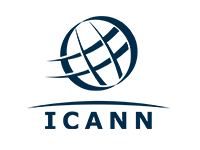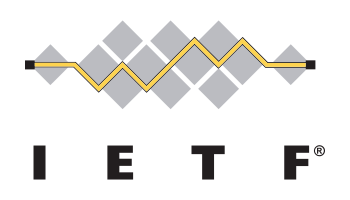Dear CAUCE Canada Members,
My colleague Pippa Lawson agreed that I pass the position statement (below) on to you. She is reacting (as am I) to an Ipsos-Reid Survey released this past Thursday, which, by way of telephone interviews with average Canadian Joes and Janes, came to the conclusion that spam levels had dropped by an astounding 19% this past year, due in part to the less-than-parking-ticket-like sanctions imposed by PIPEDA, the Canadian privacy law that has yet to be applied to spammers in any significant way (there were two so-called 'findings' made at the very end of 2004).
So strong is our law in the stultified view of this study, that apparently even spammers from other countries, who contribute far more of the spam load than do Canadians, have scrolled back out of fear of a slap on the wrist from the Canadian Privacy Commissioner. Alternatively, perhaps it is the secondary level of PIPEDA penalties dissuading spammers from intruding upon our network: a really hard slap on the wrist.
Anyway, both the timing and the wording of the finding of this survey are most interesting.
As you may know, the Canadian Federal Task Force On Spam is three weeks from finalizing the final report forming a submission to David L. Emerson, the Minister of Industry, which will make recommendations as to drafting additional anti-spam legislation, and shoring up the existing measures we have in place, which are dreadfully ill-suited and ineffective in dealing with spam in a real-world context. I sit on the Task Force; Pippa is an active participant to both the Law & Enforcement and Public Education & Awareness contributory working groups.
As the position of the ISP associations CAIP and CCTA have been unrelentingly steadfast in maintaining the status quo; the wording of this IPSOS-Reid report restates word-for-word the position of the sitting representative of the largest ISP in the country, perhaps this is not dismissible as mere (happy) coincidence….
[While some reprinted the release verbatim (I guess we are all suckers for good news when it comes to spam) others though that it best they dig deeper.]
===== Are Canadians winning the war against Spam?
March 11, 2005
In a news release and media reports yesterday, Ipsos-Reid claimed that "Canadians are winning the war against spam", that spam volumes have dropped over the past year, and that this drop can be attributed in part to federal privacy legislation (PIPEDA) requiring marketers to obtain consent before collecting or using personal email addresses.The suggestion, reported in media across the country, was that fewer unsolicited email messages are being sent to Canadians.
However, the survey apparently did not even attempt to measure the volume of spam sent out by spammers and received by Internet service providers (who usually then apply filtering technology to limit the amount of spam that gets through to subscribers). It merely attempted to measure, via a sample survey of internet users, the volume of spam received by end users.Even if one accepts the survey method of measuring spam received, no conclusions can be reached, on the basis of this survey alone, as to the volume of spam generally. Nor can any conclusions be drawn as to the impact of spam on ISPs and email service providers.
If indeed fewer spam messages are reaching the in-boxes of email users, this could simply reflect more effective filtering by ISPs. In no way can any such trend be attributed to PIPEDA, since it doesn't speak to the sending of spam by businesses.There could, in fact, be more spam in the network this year over last.
Ipsos-Reid has (a) confused the issue of spam sent with the issue of spam received by end-user, and (b) attributed, without any factual basis, a drop in end-user spam to increased consent-based marketing by businesses in accordance with PIPEDA.This is an astonishing error on the part of a major public affairs company, putting into question the purpose behind the survey and who funded it, as well as Ipsos-Reid's credibility more generally.
The problem of spam is more than just a problem of cluttered end-user in-boxes.As internet users, we all pay for the costs of filtering spam, either directly or via ISPs. Ipsos-Reid's claims based on its very limited survey do not serve current efforts to define and deal with the problem of spam.

















